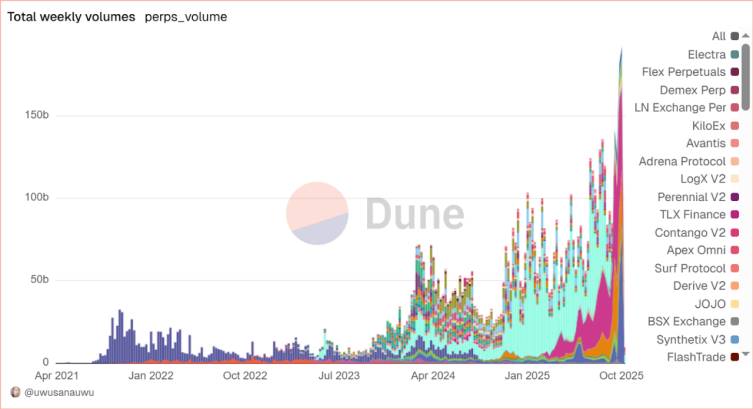CleanSpark founder assumes CEO role following Zachary Bradford's resignation
Quick Take Executive Chairman Matthew Schultz co-founded CleanSpark in 2014 and previously served as CEO. Zachary Bradford had served as the bitcoin miner’s chief executive since October 2019.

Bitcoin mining company CleanSpark said Monday that founder Matthew Schultz will assume the CEO position effective immediately following the resignation of Zachary Bradford.
Bradford had served as the company's chief executive since October 2019. Schultz, who also serves as executive chairman, co-founded CleanSpark in 2014 and previously served as CEO.
"As a founder who has always been actively involved, I care deeply about this company, our people, and our mission," Schultz stated in a release . "My focus stepping in as CEO is to ensure stability, continuity, and forward momentum during this time, and to support the team and our board as we continue to execute as a market leader. As we have continued to grow, the board believes that now is the right time for a change in leadership as we look to fully capture opportunities available to CleanSpark."
Last week, the Nasdaq-listed CleanSpark said revenue surged 91% year-over-year in its fiscal third quarter. Net income reached $257.4 million. Its bitcoin treasury also exceeded the $1 billion mark during the quarter. In all, it has about $3.1 billion in total assets, with $1.08 billion worth of bitcoin, The Block previously reported .
"Importantly, we have an excellent management team who will all remain in place, and our priorities remain unchanged from what we laid out last week in our earnings report: continued execution as a global leader in bitcoin mining, drive further data center development monetizing our energy under contract and stay opportunistic as we look to the future," Schultz said in Monday's statement.
CleanSpark shares fell 2% in Monday's trading session, according to The Block's CLSK price data . The stock price is up about 4.5% in the year-to-date period and down about 15% over the past five years during Bradford's tenure.
Disclaimer: The content of this article solely reflects the author's opinion and does not represent the platform in any capacity. This article is not intended to serve as a reference for making investment decisions.
You may also like
Soros predicts an AI bubble: We live in a self-fulfilling market
The article uses Brian Armstrong's behavior during the Coinbase earnings call to vividly illustrate George Soros' "reflexivity theory," which posits that market prices can influence the actual value of assets. The article further explores how financial markets actively shape reality, using examples such as the corporate conglomerate boom, the 2008 financial crisis, and the current artificial intelligence bubble to explain the workings of feedback loops and their potential risks. Summary generated by Mars AI This summary was generated by the Mars AI model, and the accuracy and completeness of its content are still being iteratively improved.

In-depth Research Report on Perp DEX: Comprehensive Upgrade from Technological Breakthroughs to Ecosystem Competition
The Perp DEX sector has successfully passed the technology validation period and entered a new phase of ecosystem and model competition.

Space Review|Farewell to the Era of “Narrative Equals Hype”, TRON Rebuilds Market Confidence with Real Yields
As the crypto market shifts from “listening to stories” to “seeing results,” TRON demonstrates a feasible path through its solid ecosystem foundation and value circulation.

Bitcoin (BTC) Holds Key Support — Could This Pattern Trigger an Rebound?

